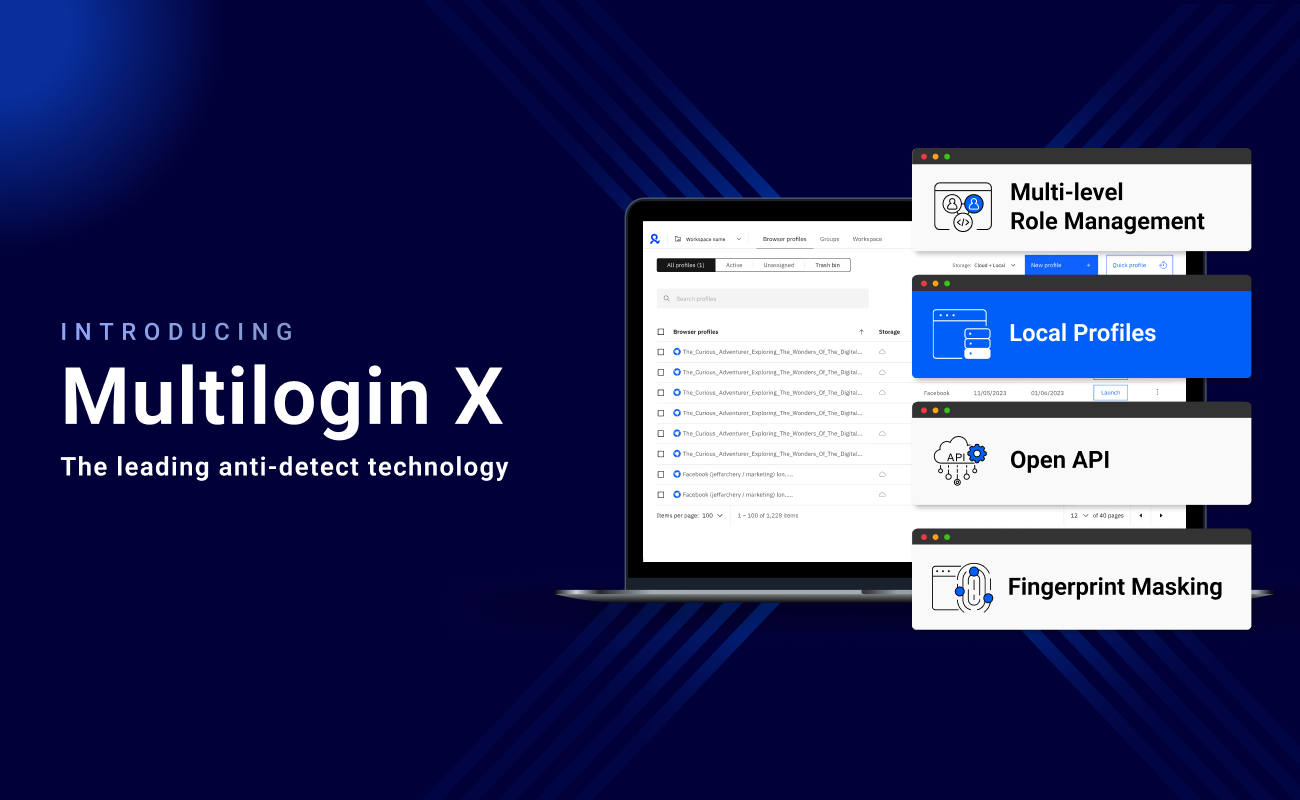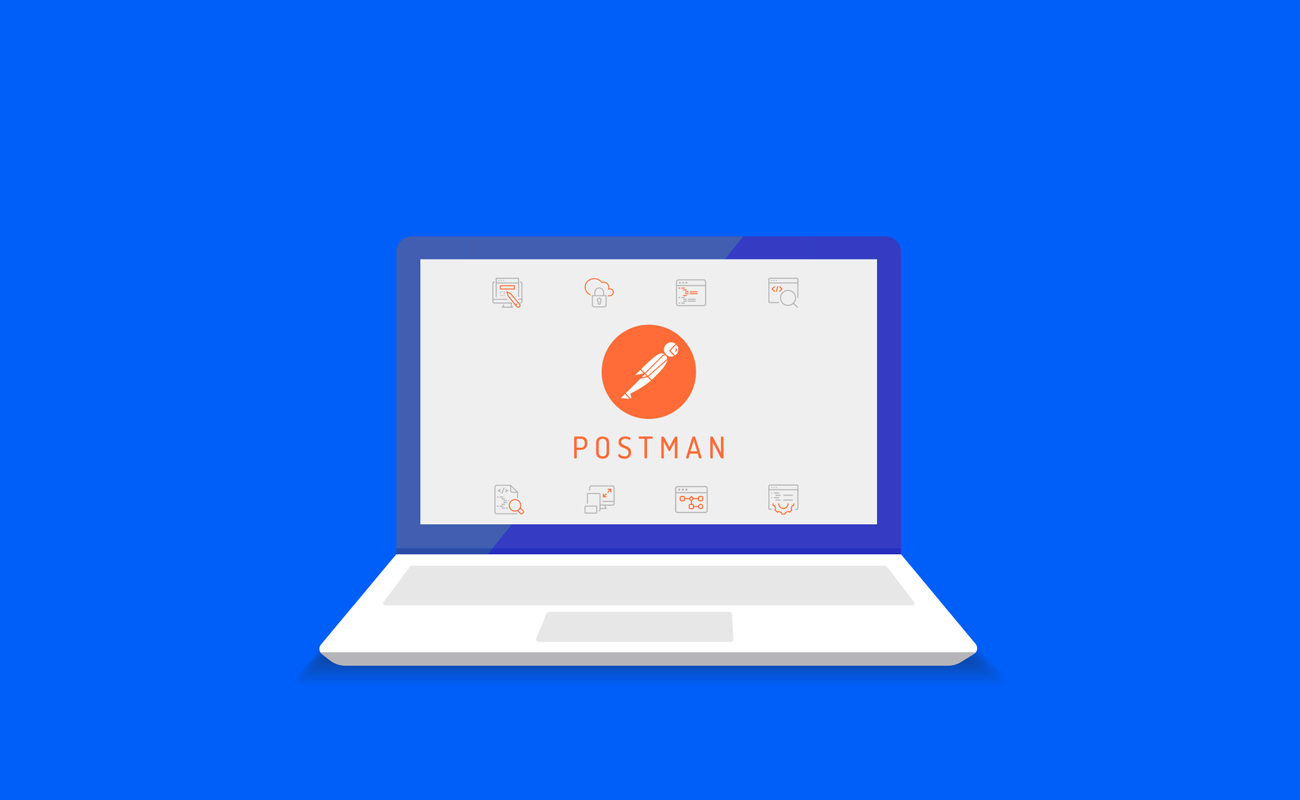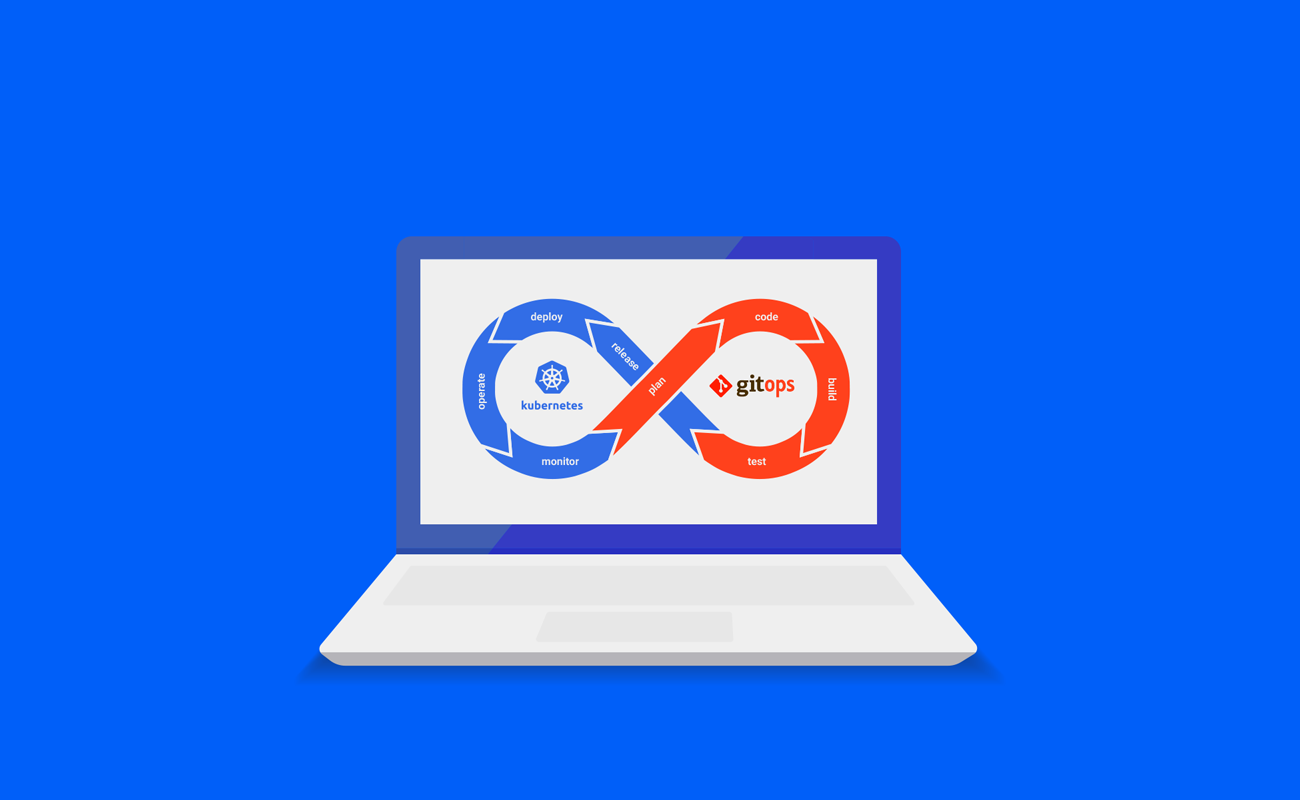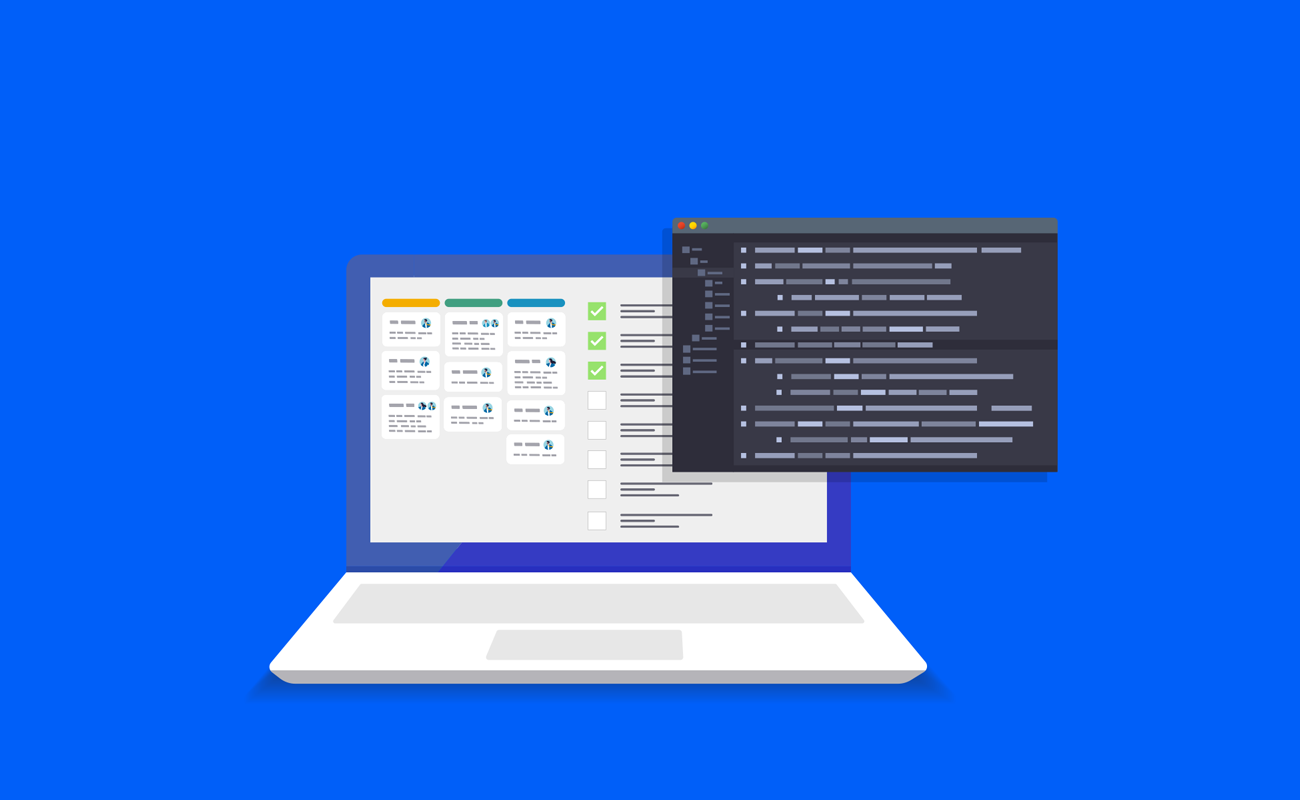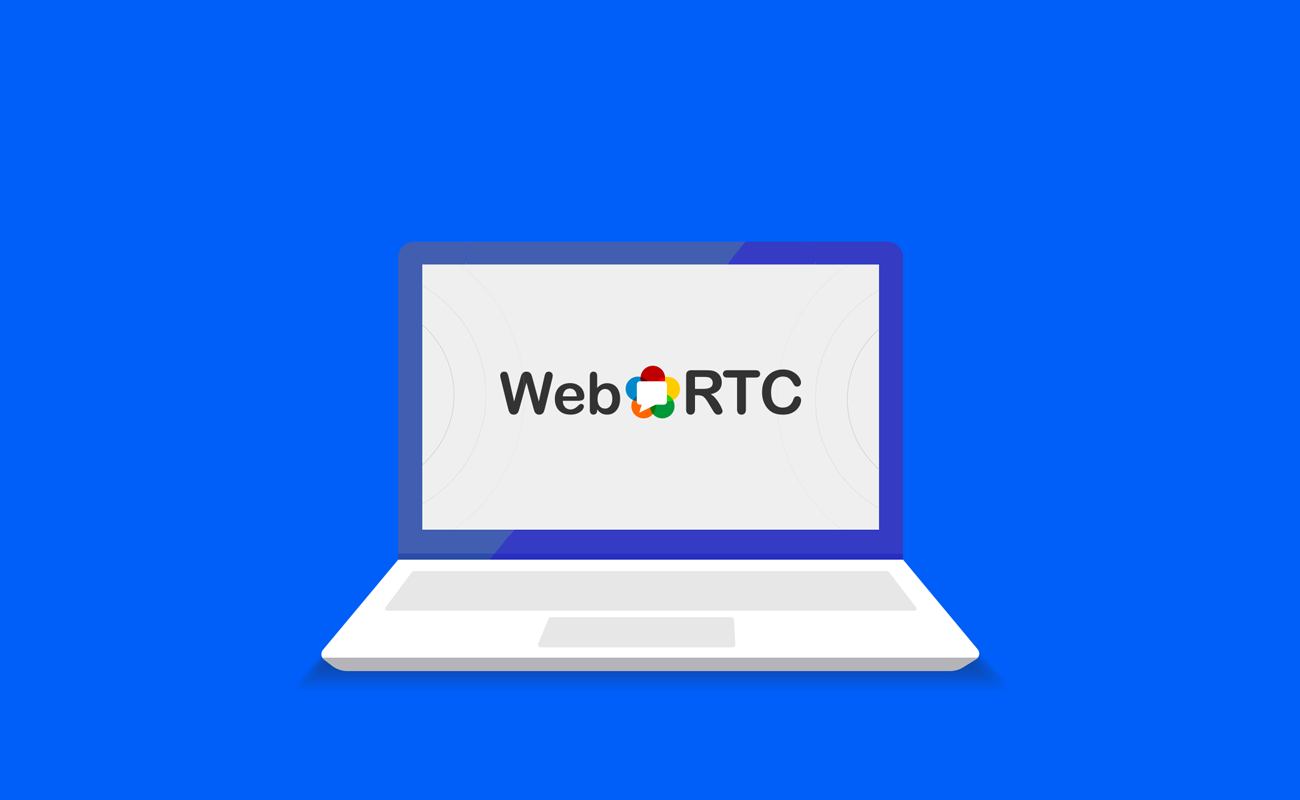
Choosing The Best Privacy Browser: A Developer's Guide
MAY 19, 2023
Step into the world where technology and personal lives intertwine, where the quest for the Best Privacy Browser isn't just a priority – it's an absolute necessity.
We live in a digital era. A vast network of connections surrounds us – every online action leaves behind personal data.
Every click, scroll, and digital interaction stores valuable information. But here's the catch: this treasure becomes vulnerable to potential misuse without proper protection.
Imagine a world where your every move online could be tracked, analyzed, and exploited without your consent. Sounds alarming. Well, that's the reality we face today. Our digital footprints, the breadcrumbs we unknowingly leave behind, are a goldmine of information for those with ill intentions.
Now, more than ever, the term "Best Privacy Browser" takes on a new significance level. It's not just a passing fancy or a trendy buzzword – it's an integral part of our digital existence. We must be vigilant in safeguarding our online privacy because, let's face it, our personal information is worth protecting.
This blog examines the leading privacy browsers. We investigate which one is the best. We uncover their features, dissect their capabilities, and provide you with the knowledge you need to make an informed choice.
Understanding privacy and security online
The role of an automation developer involves managing vast amounts of user data, personal data, and browsing history. Given the potential repercussions of a data breach, it's a position of trust and accountability. The "Best Privacy Browser" relevance for developers becomes even more critical considering these factors.
User data encompasses information from interactions with online platforms, applications, or websites.
Personal data includes information that can identify someone directly or indirectly. Browsing history is a complete record of websites visited by a user. Safeguarding these components is vital to ensure a reputable and sustainable digital business.
The necessity of privacy browsers
Privacy browsers are no longer a luxury but a requirement in our hyper-connected world. These browsers serve as the first line of defense against intrusive ads, trackers, and potential data theft, offering an extra layer of protection for online activities.
Moreover, your choice of internet service plays a significant role in your overall privacy. Internet Service Providers (ISPs) are not all the same – while some are strict with privacy protocols, others might be more lax, leading to vulnerabilities.
Evaluating different browsers: a comparative analysis
Google Chrome: the popular choice
Benefits
Exceptional speed and efficiency for a seamless browsing experience.
Compatibility across various devices, ensuring a consistent experience for users.
Optimized for handling heavy web applications and multiple tabs without compromising performance.
Extensive availability of extensions and plugins for customization and enhanced functionality.
Integration with Google services such as Gmail, Google Drive, and Google Docs for convenience and productivity.
Limitations
Extensive data collection practices raise privacy concerns among users.
Users may feel uncomfortable with how much personal data Chrome collects, including browsing history and search queries.
Privacy settings may require manual adjustment to enhance user privacy and limit data collection.
Reliance on Google services may lead to increased data sharing between Chrome and Google's ecosystem.
Limited control over the data collected and shared by Google, potentially impacting user privacy.
Brave Browser: the "ad blocking powerhouse"
Benefits
Built-in adblocker offers users an ad-free browsing experience, eliminating intrusive and annoying advertisements.
Blocks third-party cookies and trackers, significantly enhancing user privacy and preventing data collection by advertisers.
Protects against online tracking, ensuring users' online activities are not monitored by third parties.
Offers an alternative revenue model through privacy-respecting ads, allowing users to earn Basic Attention Tokens (BAT) for their attention.
Privacy-centric approach with default blocking of scripts and trackers, creating a more secure browsing environment.
Limitations
Despite growing popularity, Brave Browser still has a smaller market share than mainstream browsers like Google Chrome.
Brave's ecosystem of extensions and plugins is relatively smaller, potentially limiting user customization options.
While optimized for regular browsing, Brave may be less efficient when handling heavy web applications or multiple tabs simultaneously.
Some websites or web services may not work well with Brave's ad-blocking features. Users may need to adjust settings or find alternatives.
Users may need to spend time customizing settings to ensure compatibility with specific websites or services they frequently use.
Tor Browser: the privacy shield
Benefits
Provides the highest level of online privacy through its anonymous network.
Encrypts data and obscures the user's IP address, making it extremely challenging for anyone to track or monitor online activities.
Routes internet traffic through multiple servers worldwide, adding layers of anonymity and making it difficult for adversaries to trace user actions.
Ideal for users who need privacy and anonymity, this includes journalists, activists, and people in countries with restrictive online regulations.
Ensures online communications and activities remain private and untraceable, protecting user identity and sensitive information.
Limitations
Browsing speed can be significantly slower than mainstream browsers due to the complexity of the Tor network.
Less optimized for handling heavy web applications or multiple tabs, potentially impacting the user experience and productivity.
The user-friendly features and customization options available in mainstream browsers may be limited in Tor.
Some websites or web services may require additional configuration or exhibit compatibility issues when accessed through Tor.
Not suitable for users who prioritize speed and performance over privacy, as the trade-off for enhanced privacy is slower browsing speeds.
Web developers catering to user privacy and business stability should carefully consider the pros and cons of each browser. While Google Chrome remains popular for its speed, efficiency, and compatibility, concerns over data collection may impact user trust.
Brave Browser offers an alternative with improved privacy. It has built-in ad-blocking and protection against trackers. This provides users with a more private browsing experience.
The Tor Browser sets the gold standard for online privacy with its anonymizing network, ensuring the highest level of anonymity. However, its slower browsing speeds and limited features may not suit all users' needs.
By understanding the advantages and disadvantages, web developers can make informed decisions when recommending browsers to users. This helps them achieve a balance between browsing privacy and business stability.
The role of open source in web browsers
Open source, in the context of web browsers, means the browser's source code is publicly accessible, allowing for community contributions and the opportunity for anyone to audit it.
Many popular browsers, such as Firefox and Chromium (the base for Google Chrome), are open-source, resulting in continuous improvements in their security features.
The importance of built-in tools and features
The default search engine in a private browser significantly impacts your online privacy. Choosing a privacy-focused search engine, such as DuckDuckGo, recognized for its commitment to user privacy, can offer superior confidentiality compared to more commonly used search engines like Google Search.
Free VPN services embedded in browsers can provide extra protection against tracking. However, remember that not all VPN services offer the same level of security – be selective and choose a reputable VPN service.
Script blocking is another feature to look out for. It can block malicious scripts, which can potentially compromise user privacy.
Selecting the default browser
Choosing a default browser is more than a matter of convenience; it directly impacts the safety of your personal data. Factors such as the browser's privacy policy, reputation, security features, and customization options should be considered.
Browser fingerprinting is a technique used to track users online and gather information about their browsing habits. Even if you have chosen the Best Privacy Browser, completely avoiding browser fingerprinting is challenging. Understanding the implications of browser fingerprinting and taking measures to protect your online privacy is important.
While some temporary solutions may help hide browser fingerprints, they may not provide long-term sustainability for business stability. Finding a secure browser that offers robust protection against browser fingerprinting and safeguards your sensitive information is crucial.
By choosing a secure browser, you can mitigate the risk of account bans resulting from attempts to manipulate or hide browser fingerprints.
Protecting your online privacy is essential for personal security, maintaining a trustworthy online presence, and ensuring the continuity of your business.
Consider browsers that prioritize security features, such as built-in protections against fingerprinting techniques, encryption, and IP address masking. These measures help enhance your online privacy and protect your identity from being tracked. Remember, choosing a secure browser goes hand in hand with selecting the Best Privacy Browser.
Be aware of browser fingerprinting. Make an informed decision. This will help protect your online activities. It will also help hide your IP address and maintain secure and private browsing.
Tips for web developers
As a web developer, it's crucial to prioritize both usability and security when choosing a privacy browser. Below are some essential tips to consider.
Research privacy features: Look for browsers that prioritize privacy by default. Examples include browsers with built-in adblockers, tracker blockers, and script-blocking capabilities. These features help protect user data and prevent unauthorized tracking.
Open source options: Consider using open-source browsers like Firefox or Chromium. Open-source browsers allow for community contributions and frequent security updates, ensuring a more secure browsing experience.
User-friendly interface: While privacy is important, usability should not be compromised. Choose a browser that offers a user-friendly interface and a seamless browsing experience. It should be easy to navigate and should support popular web applications and plugins.
Privacy policy: Carefully review the privacy policy of the browser you are considering. Look for transparency regarding data collection, storage, and sharing practices. Choose a browser that respects user privacy and has clear policies in place to protect personal data.
Customization options: Consider browsers that offer customization options. Users have different privacy needs, so having the ability to adjust settings and preferences to suit individual requirements is valuable.
Compatibility and support: Ensure that the browser you choose is compatible with the platforms and devices you commonly work with. It should also have good developer support and a thriving community to address any technical issues or concerns that may arise.
Regular updates: Opt for browsers that provide regular updates and security patches. Timely updates are essential for addressing vulnerabilities and keeping up with evolving privacy threats.
User feedback: Pay attention to user reviews and feedback regarding privacy and security features of different browsers. Learning from the experiences of other developers and users can help you make an informed decision.
VPN integration: Consider browsers that offer integration with reputable VPN services. VPNs provide an extra layer of privacy by encrypting internet traffic and masking IP addresses.
Education and awareness: Stay informed about the latest privacy and security trends, technologies, and best practices. Continuously educating yourself about potential risks and emerging solutions will help you make better decisions and provide better guidance to your users.
Conclusion
In conclusion, selecting the best privacy browser as a web developer is a critical decision that directly impacts both personal data protection and business continuity. It is essential to find a browser that meets developers' specific needs and addresses users' privacy concerns. Balancing usability and security is key.
Consider browsers with built-in privacy features like adblockers, tracker blockers, and script-blocking capabilities. Open-source options like Firefox or Chromium are recommended for their continuous security updates. A user-friendly interface, customization options, and compatibility with popular platforms and devices are also crucial factors to consider
Review the privacy policies of potential browsers to ensure transparency and data protection practices. Additionally, prioritize browsers that offer regular updates and have good developer support.
Integrating reputable VPN services and staying informed about privacy and security trends are also important considerations. Ultimately, the best privacy browser for web developers combines a seamless browsing experience with robust privacy features.
Making an informed decision is the first step to enhancing data security. Selecting the right privacy browser can help protect user privacy. This contributes to a more secure and trustworthy online environment.
